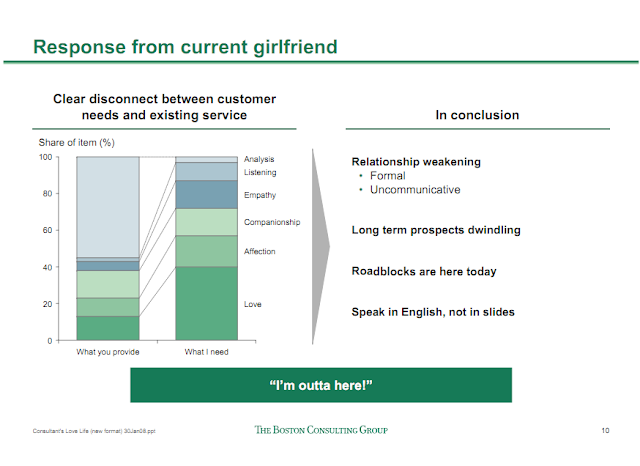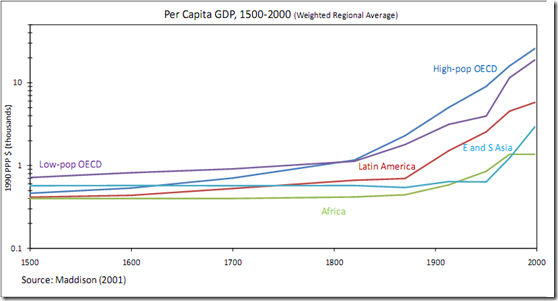What’s that, you want a tenuous development-link and a prize-winner-anecdote from your nobel prize coverage? Happy to oblige.
So the winners are Diamond, Mortensen and Pissarides for their models of “frictional” unemployment, or why job vacancies and unemployment can easily coexist.
In a closed economy that is. And when we speak about labour markets, we generally speak about closed economies. One might also want to ask how incredibly low wages can be so persistent on some parts of a planet, when there is such incredible wealth (and thus demand for cheap labour) on other parts of it. Well, there are some frictions. They would be the armed guards at our borders stopping those poor people from coming and helping us.
For your anecdote; I went to a Summer School taught by Pissarides in Birmingham a couple of years ago. Turns out he is a big Chelsea fan, to the extent that he took a cab for a 200 mile round-trip to make it to a mid-week Chelsea home Champions League match in West London. You have to admire his dedication to his team (,if not perhaps, his particular choice of team).
Check Marginal Revolution for some real coverage.


